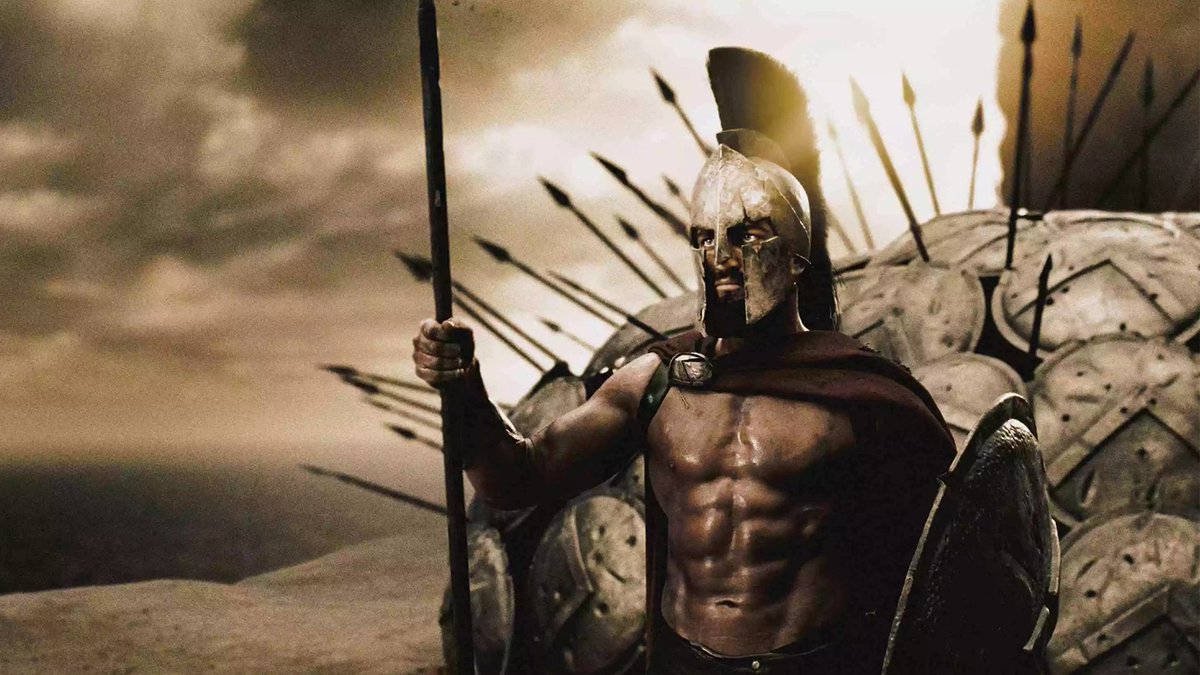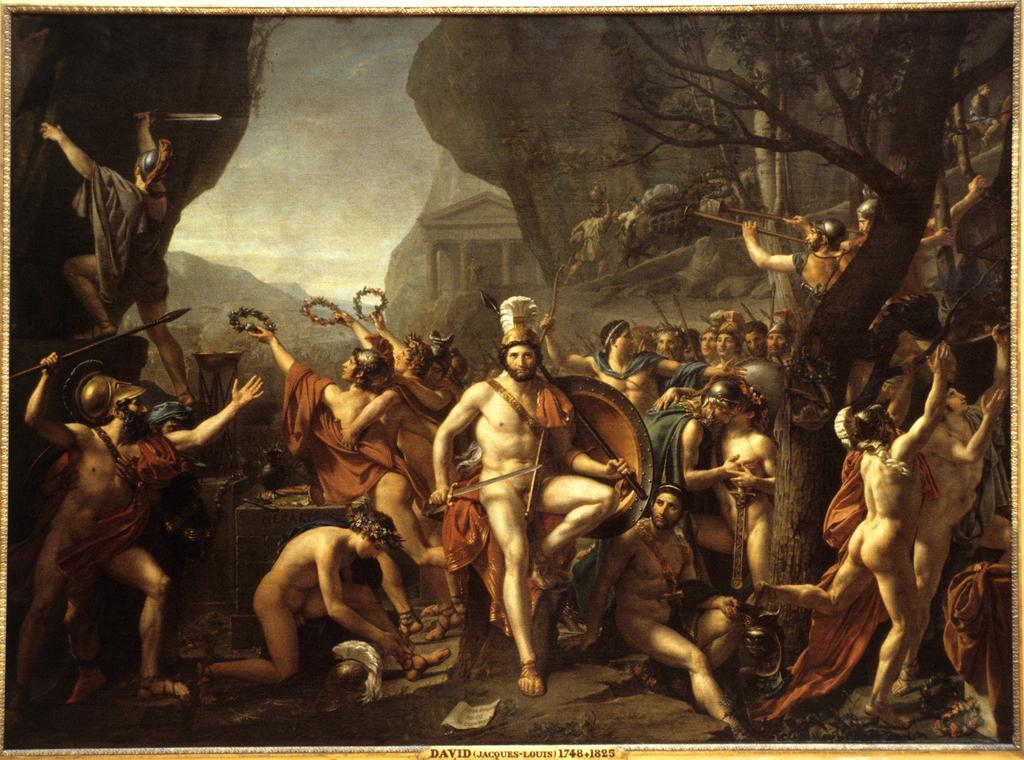A lot of the internet seems to think ancient warriors were ripped like the actors in "300". Ancient Greeks actually thought bulked-up athletes made useless warriors: sluggish, indulgent, dependent on strict diets, and unable to bear toil and deprivation
https://twitter.com/askhistorians/status/1666486425133502467
This is related to the misconception that an ancient warrior would mostly be doing close combat all day (like the comment on Marv in Sin City, "He'd be right at home on some ancient battlefield, swingin' an axe into somebody's face"). In reality? Marching, cooking, keeping watch
...digging ditches (take a shot!), building fieldworks, maintaining equipment, building siege machines, and more marching and keeping watch. "Work hard and run risks," as the veteran Xenophon summed up the life.
What do you need for this life? Endurance, stamina, agility, and a willingness to go without food, drink, shelter, and sleep, as needed.
What you don't need (or at least not often enough for it to matter very much) is raw strength or skill with a sword
What you don't need (or at least not often enough for it to matter very much) is raw strength or skill with a sword
• • •
Missing some Tweet in this thread? You can try to
force a refresh

 Read on Twitter
Read on Twitter








